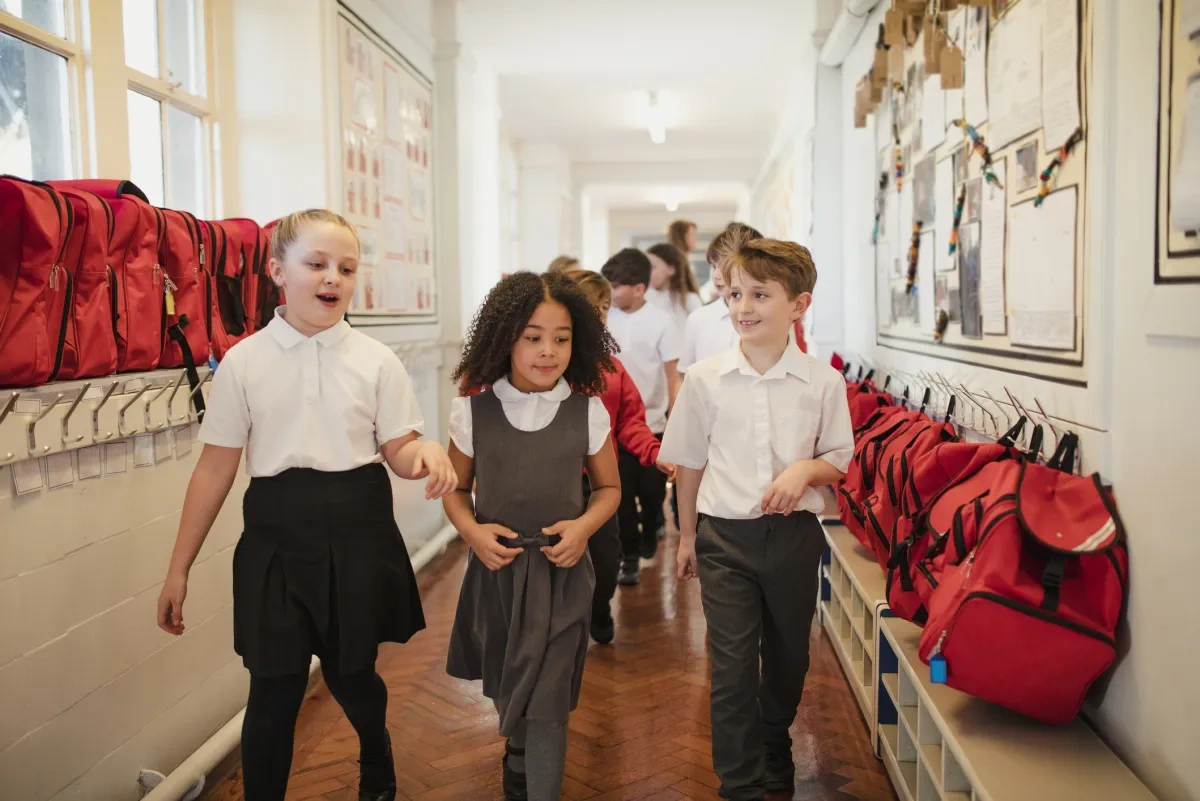

Ukrainian and Austrian Ministry Conference Invited Presentation on Inclusion
Dr Paul Downes, Director, Educational Disadvantage Centre, Associate Professor of Psychology of Education in the IoE School of Human Development gave an invited presentation at the Ukrainian Ministry of Education and Science International Conference, in partnership with the Federal Ministry of Labour and the Federal Ministry of Education, Science and Research of the Republic of Austria, “A Resilient Danube Region through Digitalization, Inclusion and Education”, June 17-18, 2021.
The Conference was opened by Ms. Olga Revuk, Deputy Minister of Social Policy, Ukraine, with introductory presentations from Daria Bovkun, Ministry of Education and Science, Ukraine, Roland Hanak, Federal Ministry of Labour, Austria, Jürgen Schick, Federal Ministry of Education, Science and Research, Austria and Anna Gherganova, Ministry of Health, Labour, and Social Protection, Republic of Moldova.
Dr. Downes’ presentation, Six Steps to Promote Inclusive Systems for Early School Leaving Prevention: The Emotional-Relational Turn Bridging Health and Education, built on five of his monographs published by the EU Commission on the themes of early school leaving, multidisciplinary teams, school bullying and violence, social and emotional education, and inclusive systems.
His presentation emphasised the need to address trauma and complex mental health needs, to treat school bullying as an early school leaving issue, and for government strategies on inclusive systems to recognise the public health model of differentiated need based on children and young people’s different levels of risk, as part of common strategic bridges between health and education. His presentation also focused on an emotional-relational turn for early school leaving prevention that accelerates a whole school focus on social and emotional education, including positive school and classroom climate beyond authoritarian teaching.
